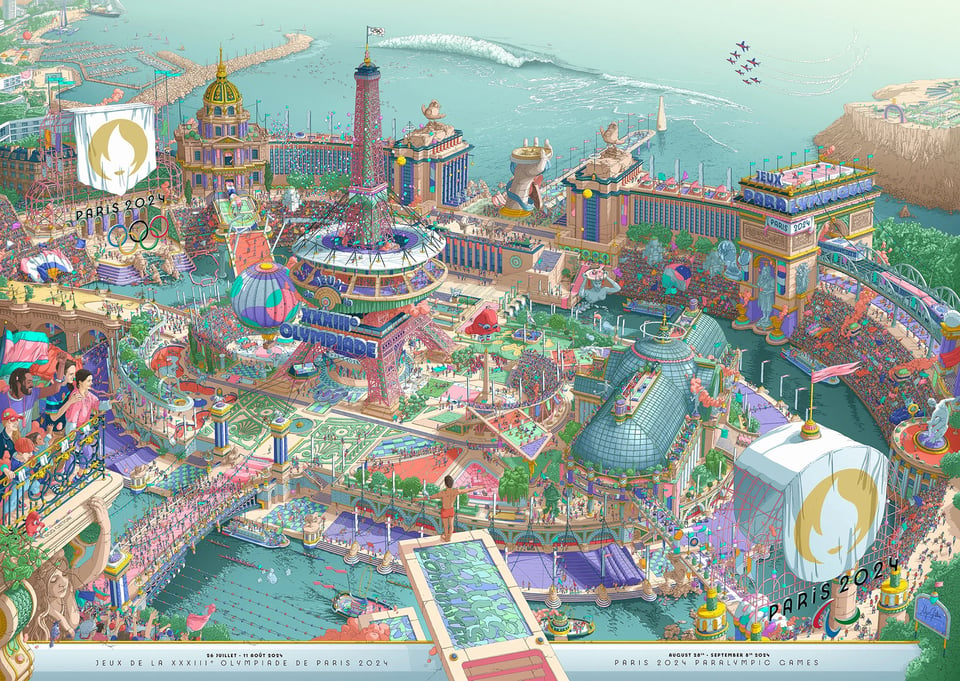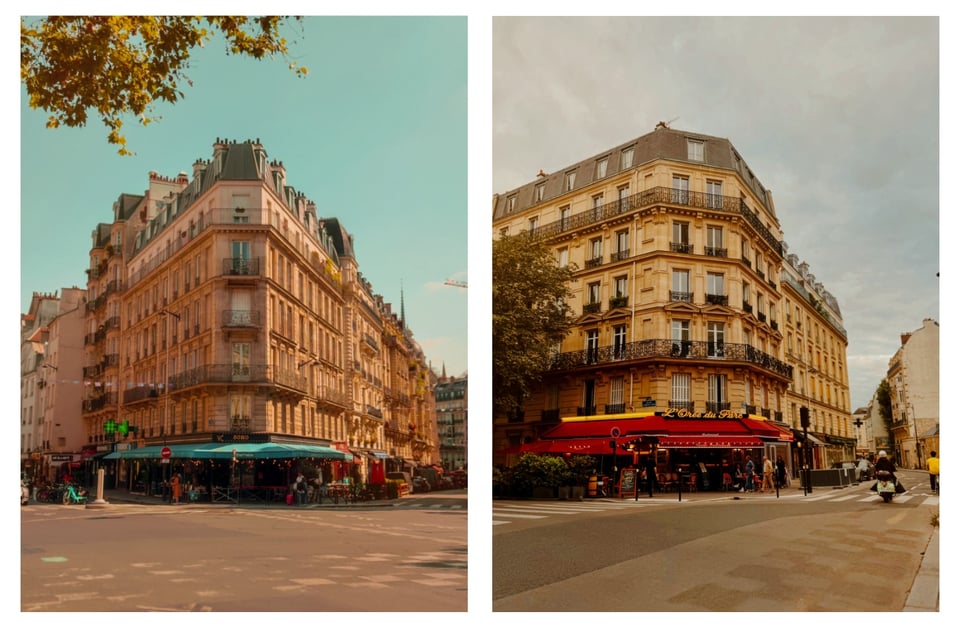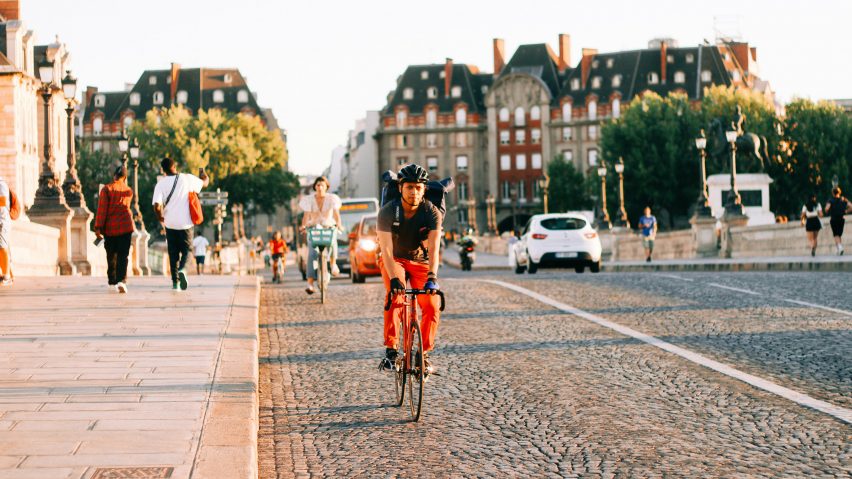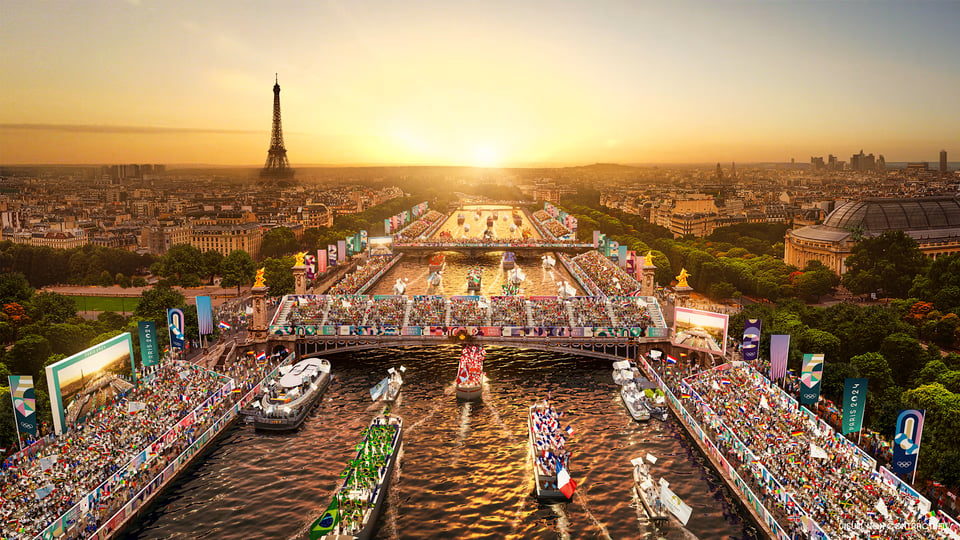Hi friends,
Welcome back - finally - to another issue of Dan's Notes.
If you're new here, Dan's Notes is a weekly email series I started in 2022 for writing practice, where I shared interesting links I'd read that week with highlights and commentary.
While the links were a hit and sending a weekly email did get me writing more, it made my Sunday evenings pretty stressful and the pace made it difficult to be consistently good. After 11 straight weeks I took a break for Coachella and had zero interest in restarting the practice after I broke the streak. Maybe I should have hired the Duolingo owl on retainer.
So, over two years later (oops) we're back with a slightly different format, which is… no format. But this issue is pretty good. And I have more like it in my drafts.
Finally, I suppose a brief life update is due: Chessa and I got married in Long Beach, CA last August, and I wrote about how we thought about planning a wedding here. I also changed jobs twice last year and now work at Campsite.
OK - let's get to it!

How Paris Kicked Out The Cars
Paris is having its moment in the spotlight with the 2024 Summer Olympic Games kicking off last week. This piece is great but I wanted to highlight my recent experience in the city, too.
My wife and I just returned from our honeymoon in Europe that was bookended by two overnight layovers in Paris, and despite only spending two nights in the city on our way to other destinations, Paris was the sleeper hit of our honeymoon. We fell in love with its quaint, quiet streets, the fast and frequent Metro lines we rode while exploring the city, and the abundance of cafes, restaurants, and pedestrian-friendly spaces.
What struck me most was how pleasant the city felt for a metropolis of its size; it didn't have the loud, chaotic, "downtown" feel you might expect from one of the world's major cities. (I learned that "Paris Syndrome" is a real thing where people with romanticized expectations feel extreme disappointment when visiting the city for the first time. We felt… whatever the opposite of that is.)
This pleasant atmosphere isn't by accident. Paris has been undergoing a radical transformation in recent years, largely driven by Mayor Anne Hidalgo's ambitious plans to reduce car usage and create a more livable city. Since 2016 the city has installed over 600 miles of cycle lanes and planted 200,000 new street trees to combat urban heat and improve air quality. Mass transit investments have led to a 40% jump in ridership, and the city has created 300 "school streets" where traffic is removed from areas around schools, making safer and more pleasant spaces for children and parents to gather and play.
From the article:
[Mayor Hidalgo] and her deputies have explicitly embraced the controversial idea that the automobile’s prominence in Paris is at the root of many of the city’s problems—its frequent smog days, lack of green space, vulnerability to heat waves, noisy streets, geographic inequities. And thus fewer cars will allow the city to become a cleaner, quieter, cooler, fairer place.
As someone who's been following these changes for a while, I was excited to experience them firsthand.

Of course, these changes haven't been without opposition. There have been concerns about access for suburbanites, delivery challenges for businesses, and the usual predictions of traffic apocalypse. But what's particularly inspiring about Paris's transformation is the courage and resolve shown by Mayor Hidalgo and her team. The city has pushed forward, recognizing that sometimes bold action is necessary for the greater good. And the results speak for themselves: car trips within Paris have declined by almost 60% between 2001 and 2018, car crashes have fallen by 30%, and pollution levels have dropped significantly. More importantly, the quality of life for residents has improved. The once car-choked streets are now filled with cyclists, pedestrians, and vibrant public spaces.

The Olympics have provided an additional push for these changes. Rather than building new stadiums that might sit empty after the games, Paris is focusing on using existing structures and creating temporary venues in iconic locations. The "emblematic" project of the games isn't even a building - it's the €1.4bn cleanup of the Seine, which will host events like marathon swimming and triathlons during the Olympics and will open for public swimming next year.

All of these efforts highlight an important question that all Olympic host cities should consider: "What legacy do we want the games to leave behind?" Paris used the Olympics as a tool to accelerate changes that will benefit its residents long after the closing ceremony. And while the city’s efforts haven’t been without their fair share of criticism, it's a powerful example of how major events like the Olympics can be catalysts for lasting, transformative change.
On our final day in Paris we visited city hall for the "Paris!" exhibit, which showcased these rapid transformations made over the past ten years under the city’s elected leadership - the bike lanes, the street trees, the school streets, the public swimming facilities, and the spaces newly reclaimed for the public. The exhibit was as much about the people of Paris as its streets, and wandering through the displays, I sensed a deep feeling of pride that Parisians took in their evolving city and a recognition that shaping the city was both a right and a responsibility for themselves and for future generations. As we walked one last time across the river and back to the hotel, I felt inspired by this spirit — while thinking about the challenges we face in bringing about similar change here in LA. 🌇
Related reading
🌳🚴♂️ OpenPlans explores the dramatic transformation of the streets in Paris, including the "school streets" concept, in a series of videos.
🌆🏗️ Dezeen takes a closer look at the architecture of the 2024 games with "the architecture enthusiast's guide to Paris 2024".
🏊🪵 The Guardian examines the sustainability and reuse efforts for the 2024 Summer Games.
🍌🍔 How do you feed 15,000 Olympic athletes? 3 million bananas, apparently. Eater interviews two executives in charge of feeing the athletes. (We had to make several stops before we found a crepe shop with bananas — I guess they were already rationing.)
🌎🤔 For a more critical take on the Olympic Games, David Goldblatt traces the evolution of the Games from Pierre de Coubertin's idealistic vision to today's mega-event fraught with political, economic, and ethical challenges.
🔥🏅 What impact will the 2028 Summer Games have on Los Angeles? My favorite publication right now is Torched by Alissa Walker, which examines the investments and policy decisions being made here in LA ahead of the 2028 Games and the legacy they'll leave after the Games are over. More on this in a future issue.
You just read issue #12 of Dan's Notes. You can also browse the full archives of this newsletter.
